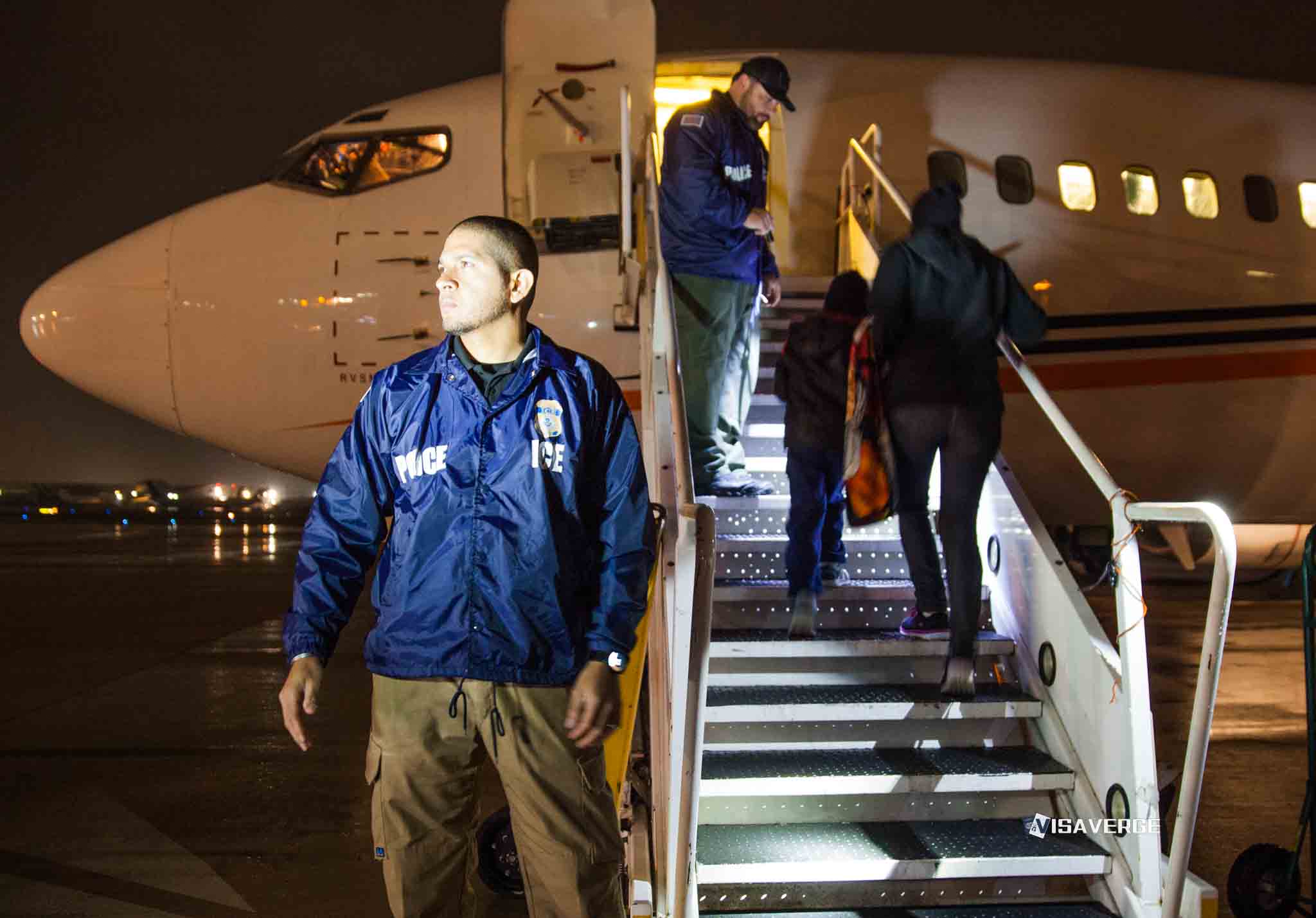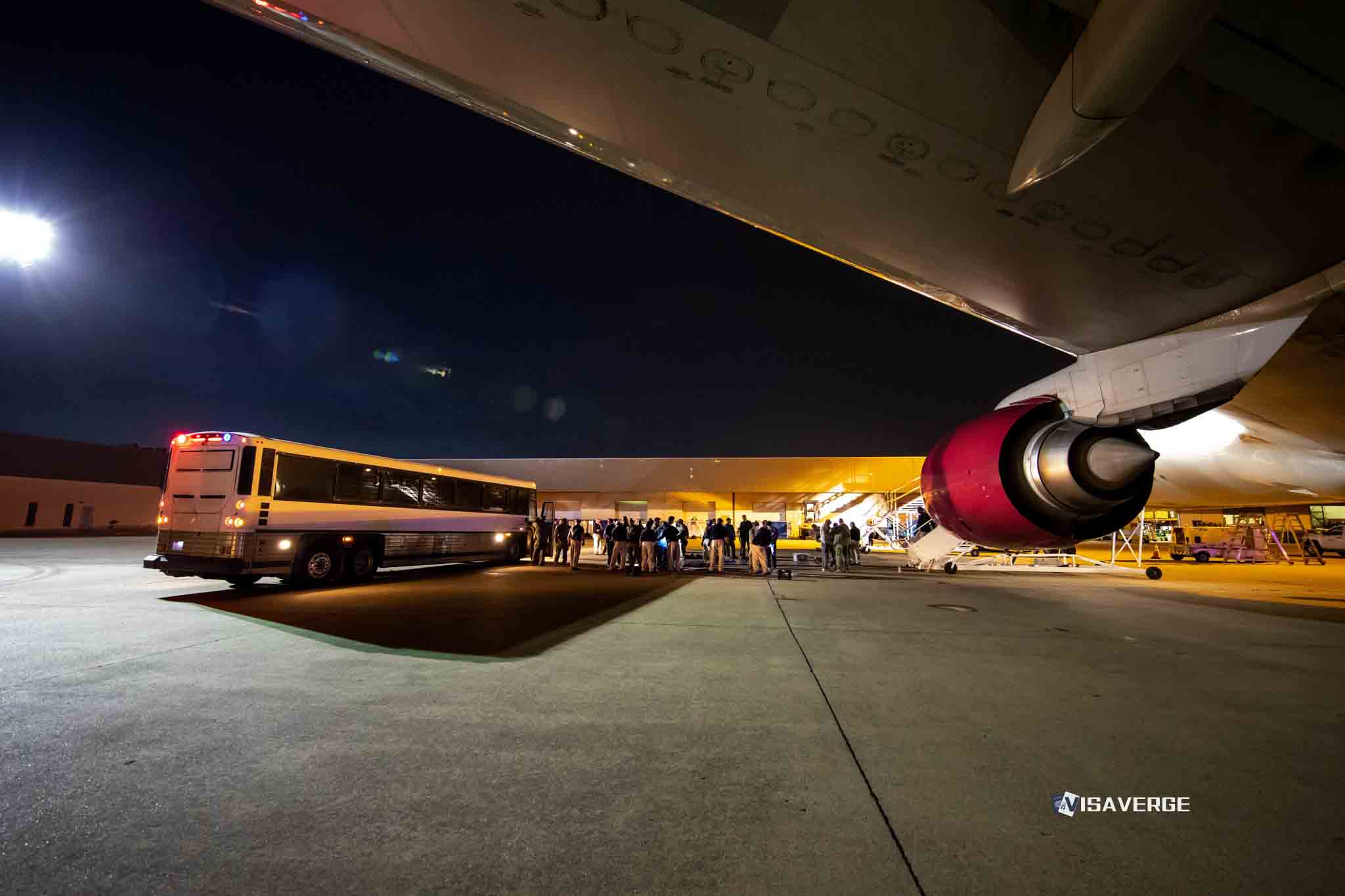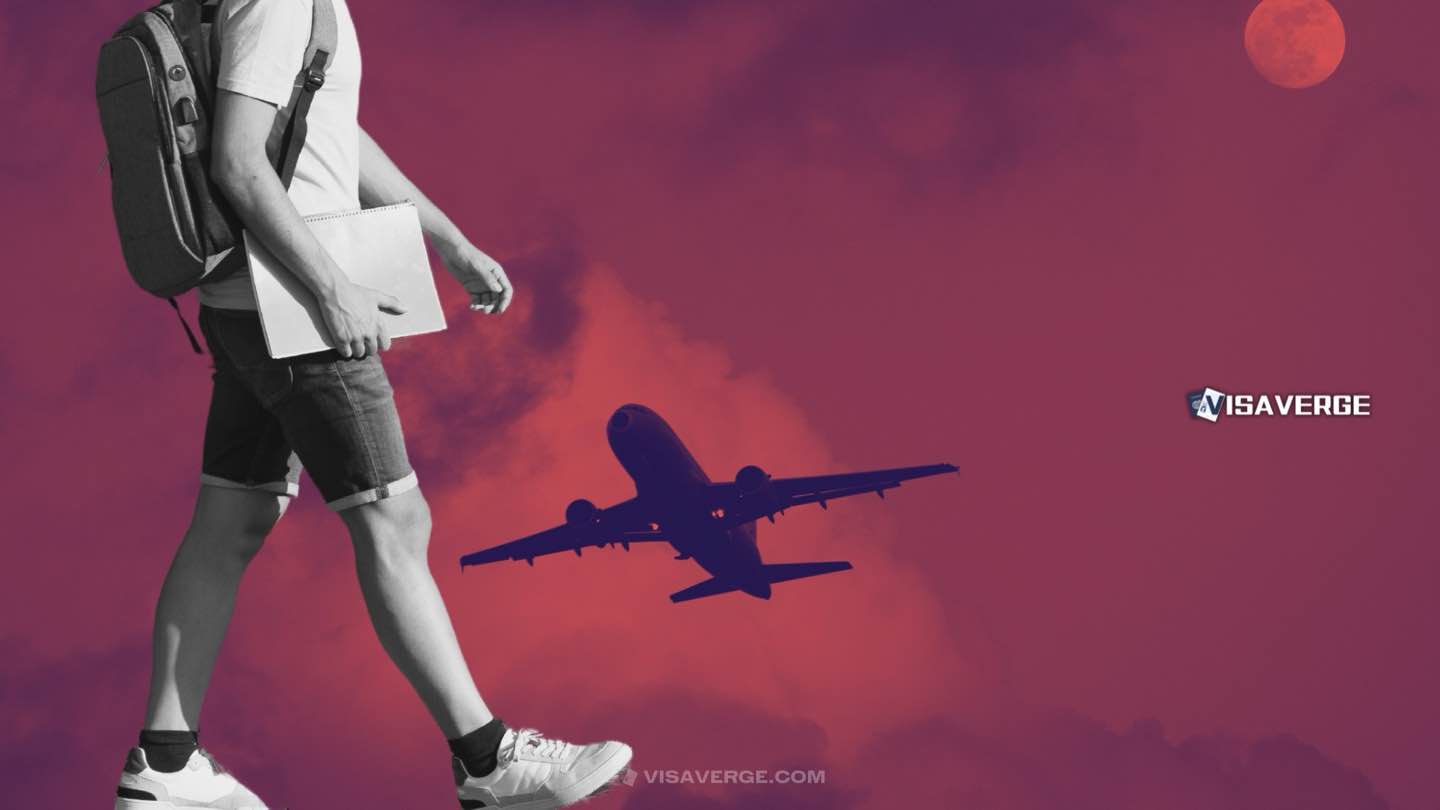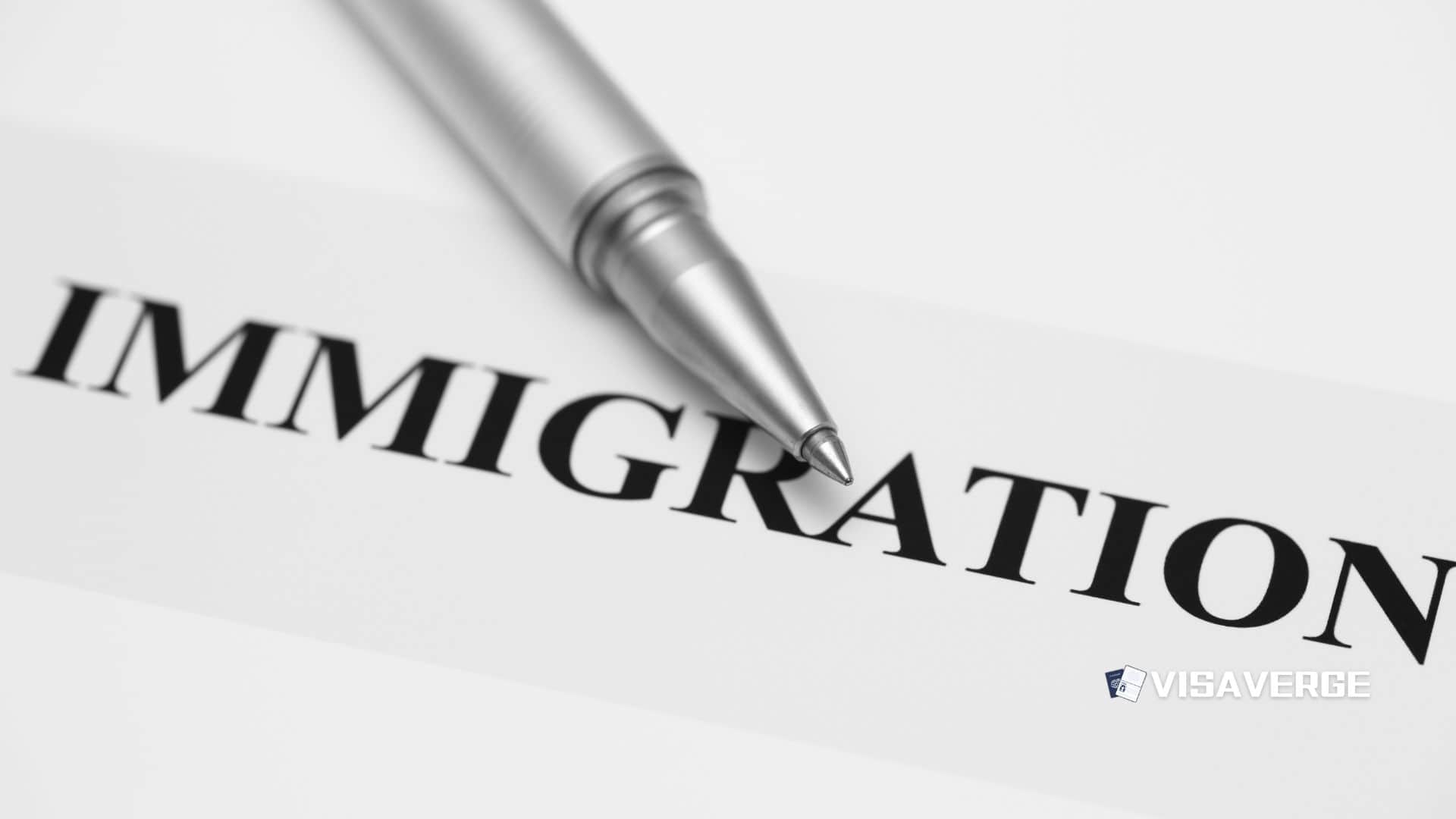Key Takeaways
• Hundreds of suspected Tren de Aragua members entered the U.S. during the Biden Administration, raising security concerns.
• The Biden Administration expanded Temporary Protected Status for Venezuelans, allowing about 472,000 to stay and work legally.
• Cases like Escalona Hernandez highlight policy gaps letting self-admitted gang members enter and remain pending deportation.
Recent news has brought important questions about United States immigration policies into the spotlight, especially involving how some Venezuelan nationals have entered the country during the Biden Administration. There’s been special focus on people tied to a well-known and violent gang named Tren de Aragua. The story raises concerns about security, immigration policy, and how the government tries to balance helping people in need with keeping communities safe.
Who Are Tren de Aragua and Why Is It a Concern?
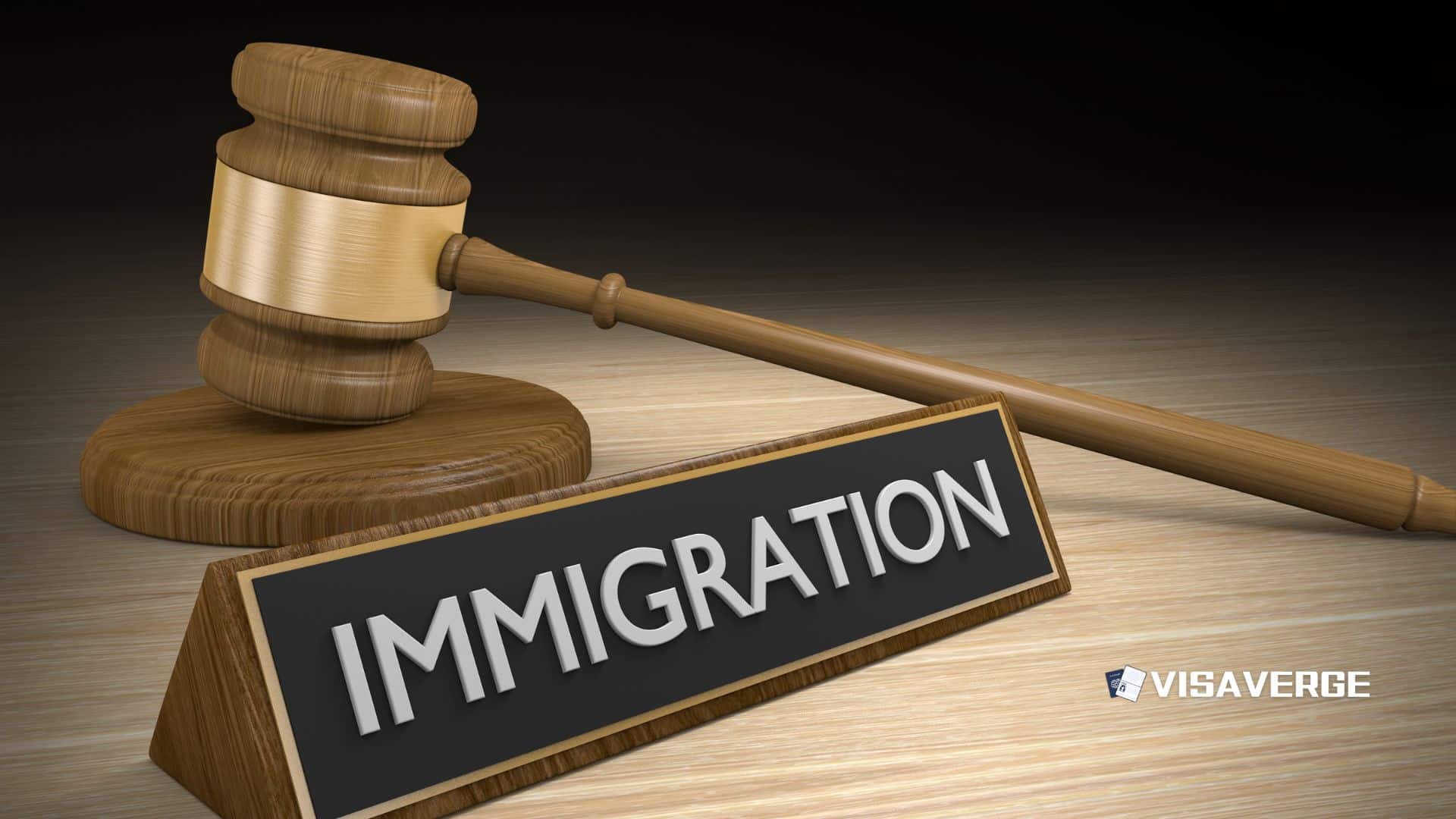
Tren de Aragua is one of Venezuela’s most feared criminal groups. They have a record of violence, including robbery, kidnapping, and murder. Over the past few years, this gang has grown in power not just inside Venezuela 🇻🇪, but also in other countries as Venezuelans flee due to economic hardship and unrest at home.
Officials and news sources have warned that members of this gang are now a real and rising threat in the United States 🇺🇸. As reported by VisaVerge.com, concerns have climbed because some suspected gang members, including self-confessed ones, have entered the U.S. through different legal and not-so-legal routes.
It’s important for readers to know that while most people leaving Venezuela 🇻🇪 are running from danger or hard lives back home, some bad actors take advantage of this situation to hide in plain sight. When criminal groups like Tren de Aragua mix in with larger groups of people seeking help, it becomes much harder for U.S. authorities to tell who is who.
Key Cases: How Did Suspected Gang Members Enter the U.S.?
The cases of Jeferson Daniel Escalona Hernandez and Diover Millan Leon highlight how current policies have sometimes allowed dangerous people to come and live in the U.S., though immigration authorities have since arrested them.
The Case of Jeferson Daniel Escalona Hernandez
Escalona Hernandez is a 19-year-old Venezuelan who said himself that he is part of Tren de Aragua. He entered the U.S. illegally on March 27, 2024. Soon after, he was arrested in Texas for running from the police—a felony. Immigration and Customs Enforcement (ICE) held him, and an immigration judge said in April 2025 that he should be sent back to Venezuela 🇻🇪. Right now, he is still in ICE custody, waiting to be deported.
The Case of Diover Millan Leon
Leon is another person tied to Tren de Aragua. Like Escalona Hernandez, he also came to the U.S. without legal permission. At first, after officers stopped him at the border, he was processed and then released—meaning he could live in the country while his case moved forward in the courts. ICE later arrested him again, and his case is still waiting for a final decision.
What About Work Permits?
There’s no public proof that either Escalona Hernandez or Leon specifically got work permits while in the U.S., but their cases bring attention to bigger questions. During the Biden Administration, a policy allowed more Venezuelans to get temporary legal status and the right to work, which some believe could include people who pose a risk.
Biden Administration Immigration Policies: What Changed?
Under President Biden, there were some key changes about who could enter the U.S. and who could work while staying here. These changes mostly aimed to help Venezuelans fleeing trouble back home, but some say they made it easier for the wrong people to get through as well.
Temporary Protected Status (TPS) for Venezuelans
Temporary Protected Status (known as TPS) is a rule that lets certain people escape from dangerous countries and live and work in the U.S. without fear of being sent back right away. In 2023, the Biden Administration expanded TPS for Venezuelan nationals who had already made it to the U.S. by July 31, 2023. This move was supposed to help people running from violence or political chaos.
Here are some basic facts:
– About 472,000 Venezuelans now get this protection.
– With TPS, they can’t be easily deported and are allowed to work legally.
– More on this can be found at the official USCIS page about TPS for Venezuela.
Humanitarian Parole Programs
The Biden Administration also started a program to let people from Venezuela 🇻🇪, and some other countries like Cuba 🇨🇺, Haiti 🇭🇹, and Nicaragua 🇳🇮, come into the U.S. with the help of a sponsor—someone who can help support them while they get settled.
Those who get in this way can stay for up to two years and are given official permission to work almost right away. Since late 2022, tens of thousands of people have been able to come under this program. Supporters say it’s a way to control the chaos at the border and help those who need it, but critics worry it lets in people who might be dangerous, including members of criminal groups.
Other Ways People Try to Stay and Work
Some Venezuelans enter illegally, meaning they cross the border without permission. If they then apply for asylum—a legal way to ask to stay because it’s too dangerous back home—they must wait at least six months before they can ask for a work permit. Not everyone gets this right away, and not every entry or claim is accepted.
Criticisms and Security Concerns
Even with these well-meaning policies, some people and groups are worried. Their main concern is that open doors, even if only meant for those in need, give space for criminals to slip through.
- Some law enforcement officials and news organizations have blamed “permissive” border rules. They say these rules have allowed hundreds of suspected Tren de Aragua members into the U.S., with several later caught for violent crimes like robbery or murder.
- They argue that it’s a lot harder to keep track of bad actors when large groups are let in quickly, especially if officials are overwhelmed or lack up-to-date information.
- They also note that while the policies are more open now under President Biden, immigrant releases and loose border controls have happened before under other administrations too.
On the other hand, those supportive of the new policies say the vast majority of Venezuelans are not criminals, and that these measures are vital for people running for their lives from hardship and abuse at home.
Political and Social Debate
This situation has started a fierce debate on how the U.S. should handle the flow of people at the border—especially when a few may be dangerous. Some believe the Biden Administration’s actions, while well-intentioned to help refugees, may have gone too far and failed to protect American communities enough from gang threats like Tren de Aragua.
Others think the country has a duty to help people in trouble, especially when their home countries are torn apart by crime and poverty. They point out that U.S. laws already have steps in place to catch and remove serious criminals, as seen with Escalona Hernandez and Leon.
Both sides agree on one thing: the stakes are very high. One slip in the system could mean danger for American neighborhoods or missed chances for honest, hard-working families to build new lives.
How Does the Process Work for Work Permits Now?
The rules around who gets a work permit are a bit complicated, but here’s a simple explanation:
- TPS Holders: Once you qualify for TPS (for example, if you’re a Venezuelan who arrived before July 31, 2023), you can apply for a work permit right away. This protects you from being deported and lets you work legally.
- Humanitarian Parolees: Those who enter through official humanitarian parole programs get the right to apply for a work permit as soon as they arrive.
- Asylum Seekers: People who make it into the U.S. without permission and then ask for asylum must wait six months from their application to get a work permit.
For any official form or process, like applying for employment authorization, you can find details and forms such as Form I-765 for Employment Authorization on the USCIS website.
Real-World Impact: How Many Gang Members Have Come In?
Official government numbers are not public, but several sources suggest “hundreds” of suspected Tren de Aragua members have either entered or tried to enter the U.S. during the Biden Administration’s time in office. Some of these people have been caught committing crimes after arriving. Other suspected Venezuelan Gang Killers have blended into the crowds of people moving across the border, making it difficult for immigration officers and police to catch every threat.
- News outlets and experts say it’s nearly impossible to screen every single person, especially during busy periods at the border when officers are stretched thin.
- Critics believe smarter tracking and more careful screening are needed to stop violent gangs from getting into the country in the first place.
Limitations and Unanswered Questions
It is very important to point out that, so far, reports have not proven that specific Venezuelan Gang Killers linked to Tren de Aragua got work permits directly. The current debate mixes cases where people entered under regular programs with those where criminals might have slipped through. The truth is, all policies have some risk: while many Venezuelans have received permits to work under these Biden Administration rules, it is unclear if this includes any self-admitted gang members accused of violent crimes.
The Bigger Picture: Safety Versus Protection
This ongoing situation is more than just headlines about violent criminals. It is a test of how the U.S. balances safety with its responsibility to help people escaping danger. The Biden Administration says its policies put a priority on those truly at risk while still aiming to keep communities safe by removing anyone who commits serious crimes—like what happened with Hernandez and Leon.
But questions remain:
– Are there enough background checks and resources to keep bad actors out?
– Is it possible to keep the doors open for those in desperate need, without letting dangerous people in?
– How can the U.S. make the system stronger, so it works for everyone involved?
What Comes Next?
The future of these policies likely depends on how well the government can show it protects both Americans and lawful immigrants. Expect more debate, new laws, and perhaps new checks at the border. The story of Tren de Aragua will not go away soon.
For accurate updates on TPS, humanitarian parole, or work permits for Venezuelans and others, always check the USCIS official information page.
In summary, the current situation highlights how hard it can be to welcome people in need while stopping dangerous groups like Tren de Aragua from putting communities at risk. Both sides—those who want stronger controls and those who want to help refugees—raise important points. How the country decides to handle cases involving Venezuelan Gang Killers and others will shape the future of immigration policy and safety in the United States for years to come.
Learn Today
Temporary Protected Status (TPS) → A legal designation allowing nationals from certain countries to live and work in the U.S. temporarily due to unsafe conditions.
Humanitarian Parole → A program permitting individuals entry to the U.S. for urgent humanitarian reasons, typically for up to two years.
Tren de Aragua → A violent Venezuelan transnational gang known for crimes like robbery, kidnapping, extortion, and murder in the Americas.
Work Permit (Employment Authorization) → Official U.S. authorization (via Form I-765) allowing non-citizens to work legally while residing in the U.S.
Asylum Seeker → A person asking for protection in the U.S. due to a credible fear of persecution or danger in their home country.
This Article in a Nutshell
U.S. immigration debates intensify over Venezuelan gang threats, especially Tren de Aragua. Expanded Biden-era policies allowed many Venezuelans legal work and stay, but critics claim criminals slip through. Cases like Escalona Hernandez fuel concerns, challenging how America balances humanitarian protection and national security. The solution remains controversial and urgently awaited.
— By VisaVerge.com
Read more:
• Biden administration faces claims of missed immigration court dates
• DHS tells 531,000 paroled immigrants under Biden to leave the US
• J.D. Vance Claims Biden Weakened DHS, Leading to Fewer Deportations
• Biden Administration’s Deportation Flights Mirror Trump’s So Far
• Trump Deports 37,660 in First Month, Trails Biden but Signals a Shift










